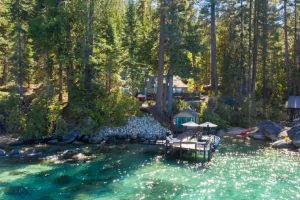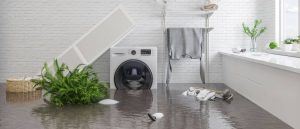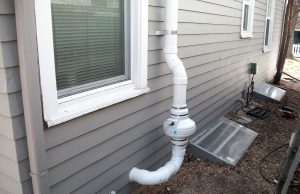
Installing a water heater system in your home improves the quality of living. You have the option of showering or bathing in hot water on cold, rainy, or snowy days. Some of your more costly clothes need hot water for washing, and with the aid of heaters, you can wash those clothes without having to worry about running out of hot water. When it comes to water heater repair, however, you can find yourself in hot water. So, even though you have a boiler leak or a flood, you growing to be able to successfully repair your water heater.
First and foremost, remain calm and act as quickly as possible. You must locate your circuit breaker box as soon as possible. You must automatically turn off the breaker once you have identified it. To avoid being shocked by electric currents, try to get off the bath. If your heater is powered by gas, however, you must switch off the gas valve. Then you must locate the cold water line’s valve. On the top of your radiator, you’ll find this valve. It is either labeled as cold or as blue. Once you’ve located the correct valve, turn it off as well.

You’ll need to locate the valve and empty the tank. Check to see if it’s fully submerged. You may also use a vacuum to clean up the mess created when the tank is dissipating water. The heater must then be removed. To remove it, you’ll need to detach the wiring, water supply tubing, and several other components. Take it out of the piping. If the pipes are joined by unions, separate them with a pair of pipe wrenches. The reversible fittings are known as unions. Use a hack saw if the pipes are not associated with unions. Since heater replacement is very difficult, you must remove your old water heater with caution to prevent any accidents.
You should eventually install a new water heater after you’ve finished uninstalling the old one. You have the option of purchasing something new or continuing to use the same one. Find out here now https://www.mygc.com.au/4-common-mistakes-to-avoid-when-replacing-a-water-heater/. The capacity of a water heater to provide hot water on demand is essential when choosing a water heater. The tankless water heater is said to be the safest and most environmentally friendly alternative. Since this type of heater does not need a tank, you can have an infinite supply of hot water if you want a tankless one. The hot water is simply stored before you turn on the shower or faucet.















